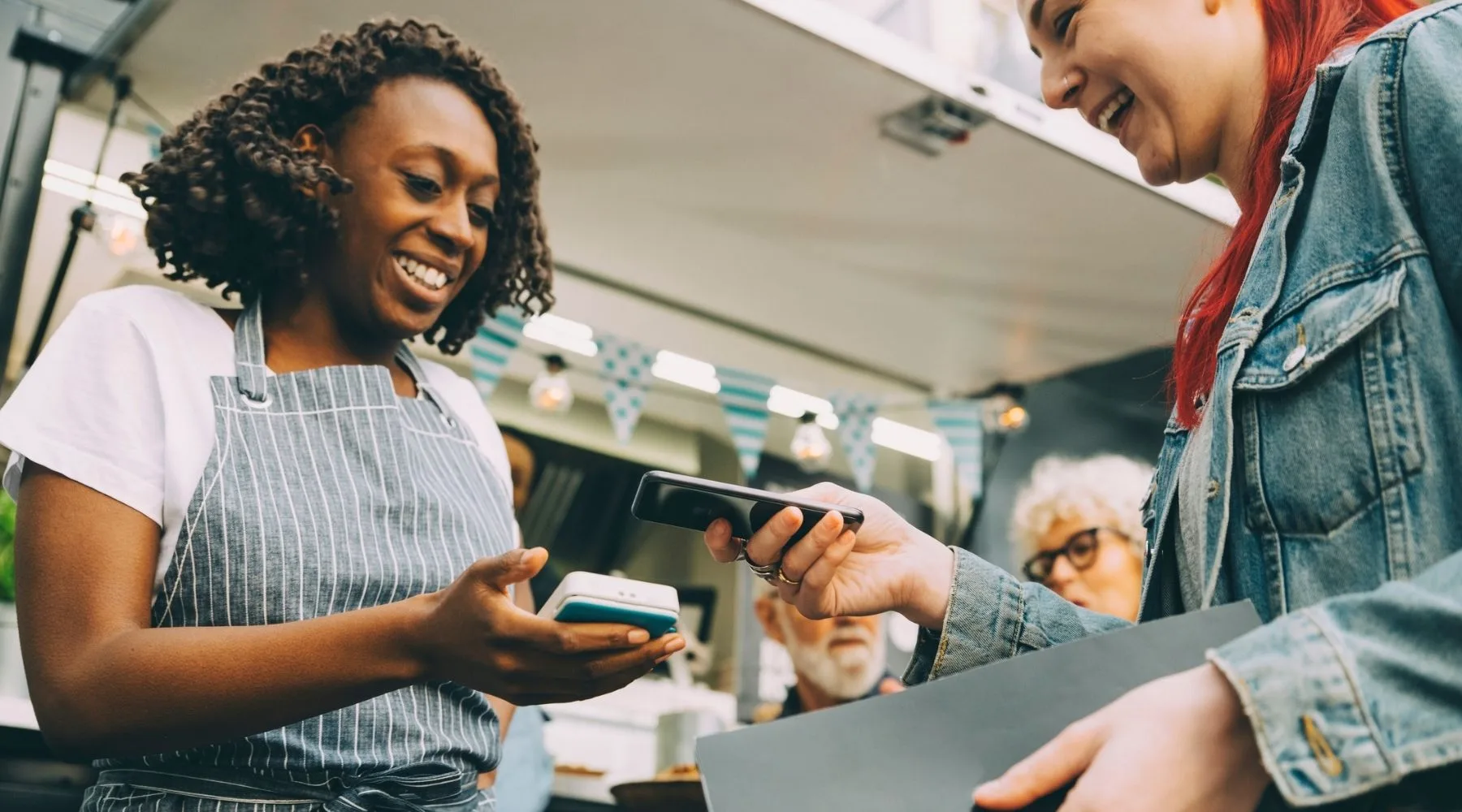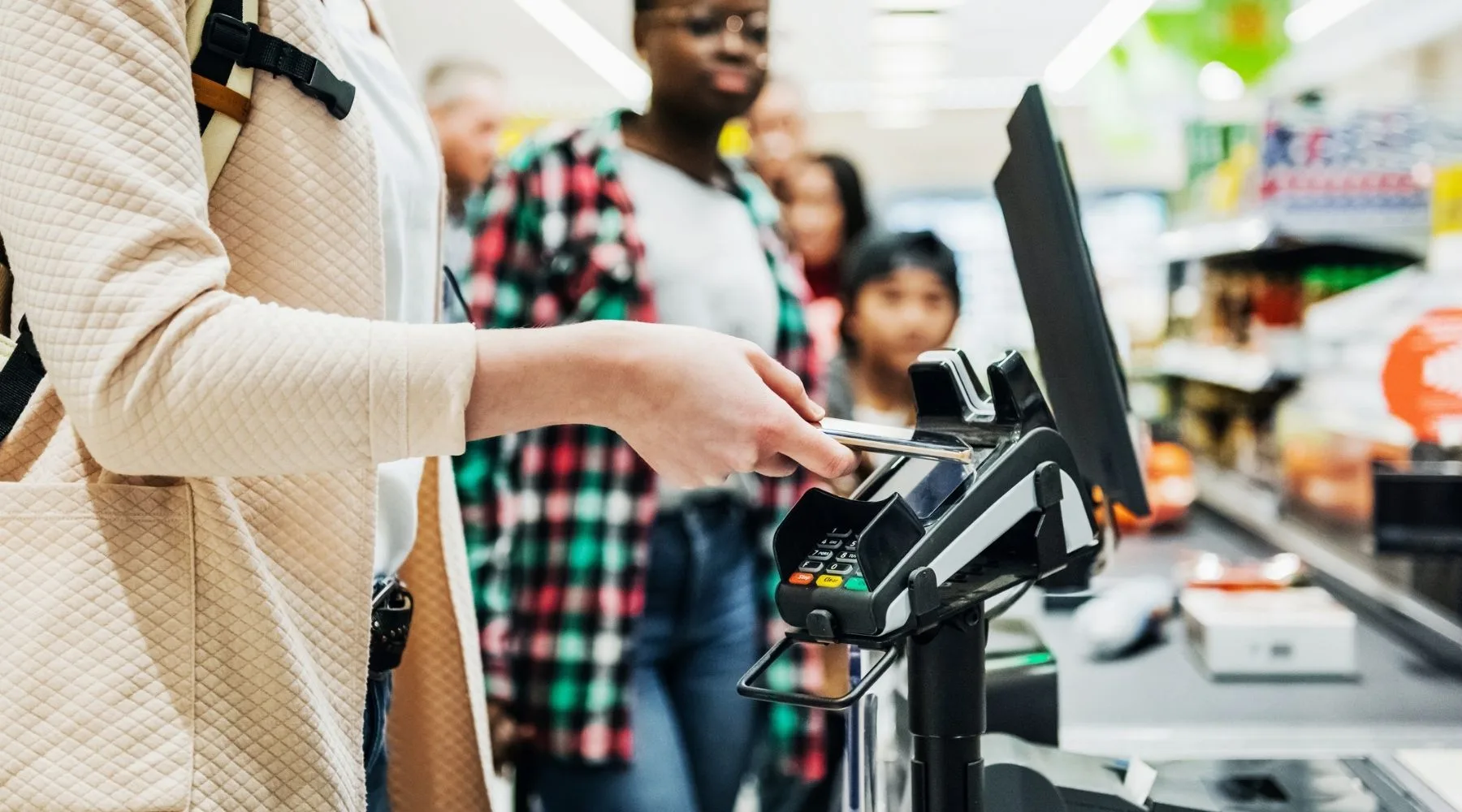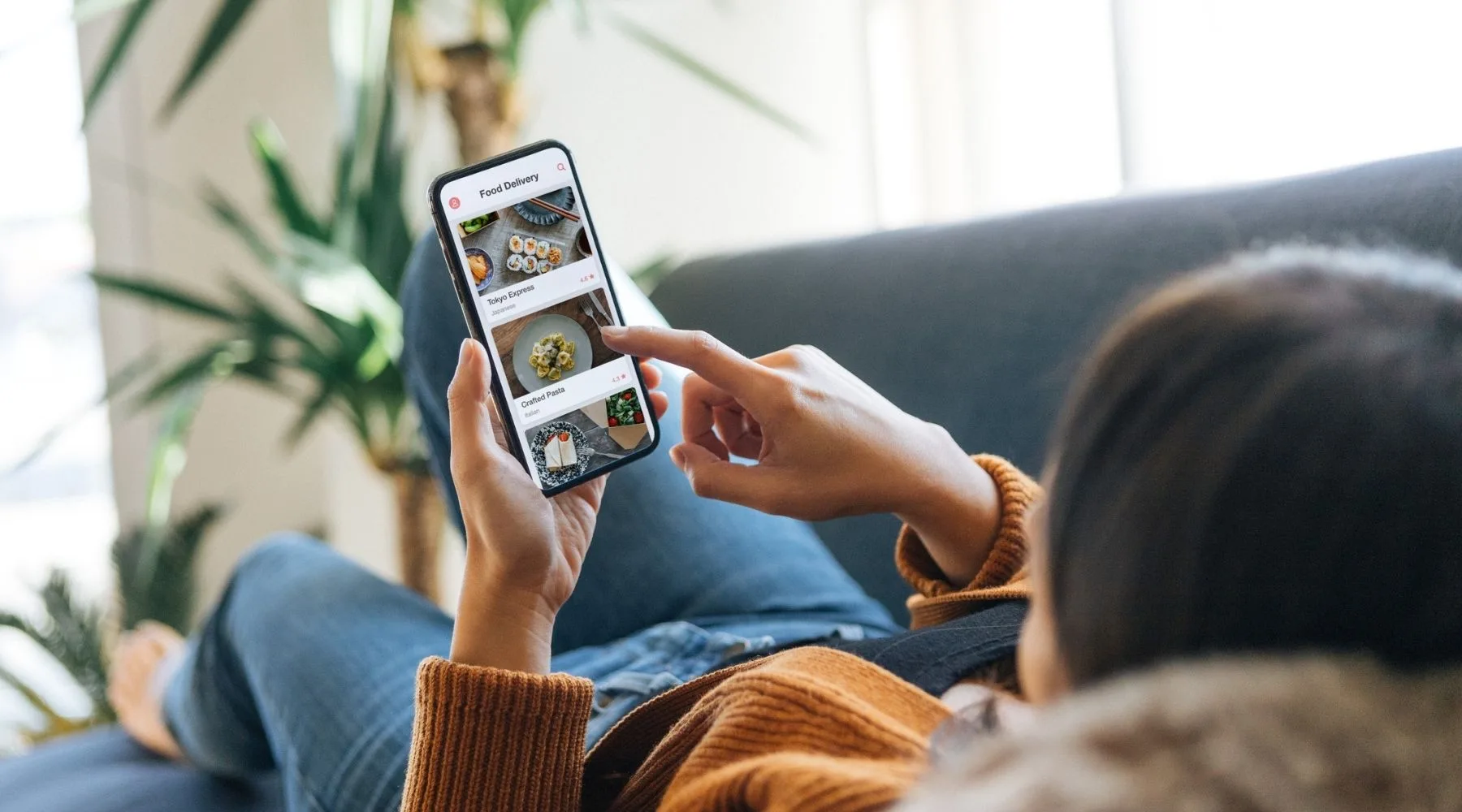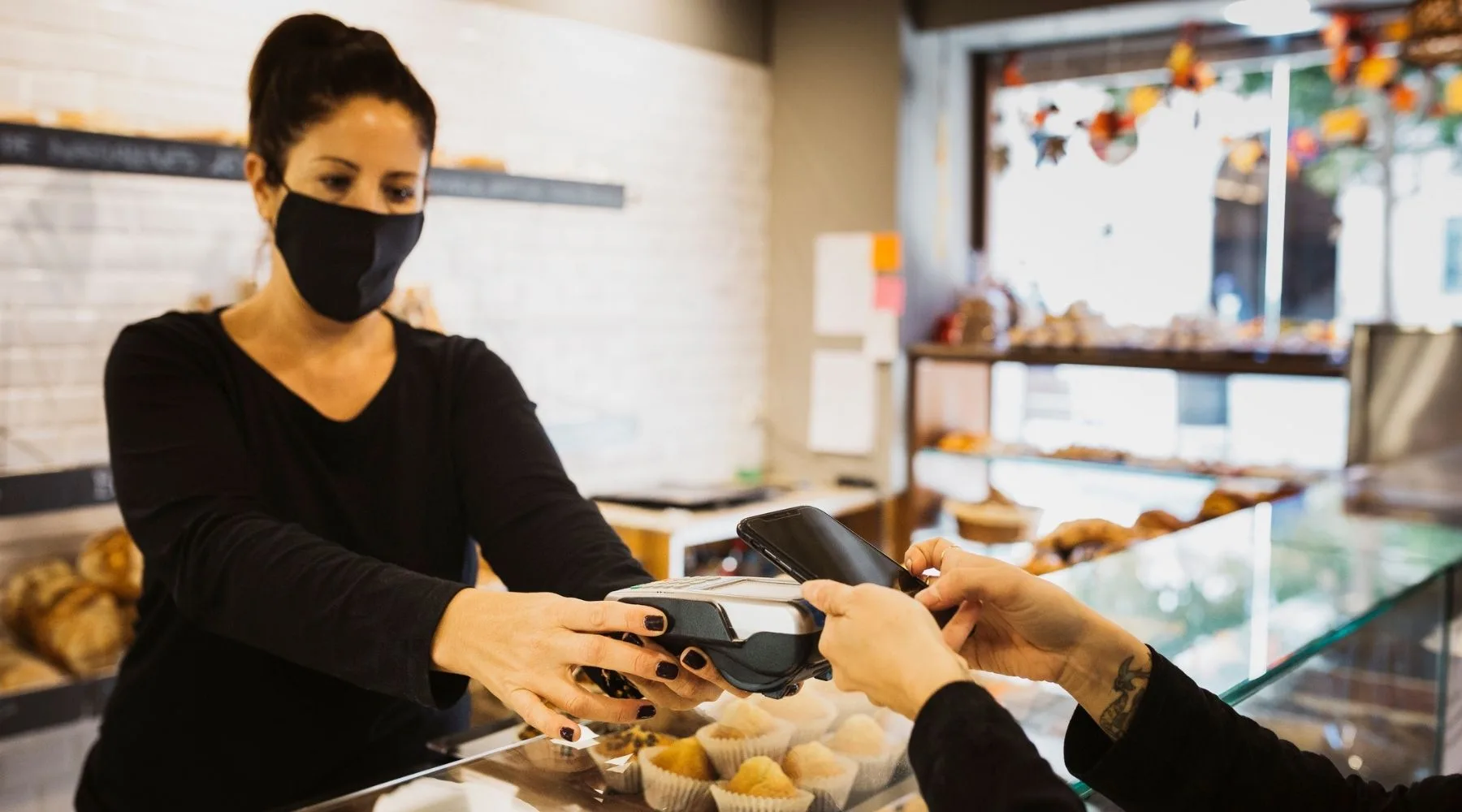The surprising benefits of using a mobile wallet

If you've seen people paying with their phones but don't understand why they bother, this article is for you.
 Sponsored by Bendigo Bank with Apple Pay. Pay easily and securely with your Bendigo Bank debit or credit card using Apple Pay. Add your eligible Bendigo Bank card today.
Sponsored by Bendigo Bank with Apple Pay. Pay easily and securely with your Bendigo Bank debit or credit card using Apple Pay. Add your eligible Bendigo Bank card today. For years now, I've relied primarily on a mobile wallet. I'd estimate that I use my phone for around 95% of purchases and I can't imagine ever going back.
But I still get comments from friends, nearby customers, and even the occasional retailer. Usually, they're wondering what I'm doing and why I bother. Depending on how friendly I'm feeling at the time, I'll typically tell them one (or more) of the following points:
It's just easier
"Sorry, it's in here somewhere!" That's an apology I never have to make at the cash register anymore. I don't have to rummage through my bag to find my wallet and I don't have to search through my wallet to find the right card. I don't even need to carry a wallet.
All of my cards are stored on my phone and I can pay just by touching it to the reader and choosing which card I want to pay with. It means that if I'm carrying an armful of items (because I've more than likely left my reusable bag at home) I don't need to put anything down to pay.
Important to note here is that mobile wallets are also super easy to set up. Most banks have information on their websites about how to do it or they'll walk you through the process whenever you get a new card.
If you're opening a new account, you might not even have to wait for your new card to arrive. For example, Bendigo Bank customers can use the Bendigo app to add debit and credit cards to the Apple Pay digital wallet before their plastic card comes in the mail.

It's safer than you might realise
Paying with your phone might feel a little risky but there are actually heaps of security features built into mobile wallets that make them safer than many people realise.
When adding a credit or debit card to a mobile wallet, a virtual account number is generated which is different to your actual account number. This number is used during the payment process so your real account number is never actually provided to the merchant.
Not only that, but losing your phone won't leave your mobile wallet vulnerable either. Depending on your service provider and settings, your mobile wallet would still be password protected or behind biometric security such as facial or fingerprint recognition.
It makes online shopping easier
Have you ever been ready to buy something online only to realise you don't have your card handy, you're not sure where your wallet is, or you just can't be bothered to type in all that banking information?
Having cards stored in your mobile wallet gets rid of all these issues. You can shop online and just choose to check out using your mobile wallet. This means you can reduce the number of places where your card numbers are stored, while also streamlining checkout.

It can help when you've lost your card
Losing your card is a nightmare that I've gone through too many times to readily admit. Before, I either had to head down to the bank with ID to get money out, or borrow cash from friends until my new card arrived. Not anymore.
Since I use Apple Pay, I can keep paying with my digital wallet while my physical card makes its way to me. (And with the post service not really at it's quickest right now, this is a pretty great benefit).
It's usually COVID-safe
Pre-pandemic, most of us didn't think about just how many things we touched and how many other people touched them. Now, we're hyper aware of how germs, bacteria and viruses can be everywhere. But with a mobile wallet, you usually don't have to touch a card reader (which is potentially used thousands of times a day by the general public).
There are some exceptions though. For example, Apple Pay states that you may need to enter a pin on the card reader if your purchase amount is over $200 - but this is dependant on the retailer and POS terminal. Many retailers will let customers approve payments by touching their phone with their fingerprint or entering a password in their phone. Once masks are a thing of the past, you'll also be allowed to use FaceID.
This means the majority of your day-to-day purchases can still be contactless, COVID-safe and just more convenient all-round.

You can add other cards too
It's not just debit and credit cards you can add to mobile wallets. Increasingly, store cards, rewards cards, loyalty cards and even gift cards can be added to mobile wallets, although it will depend on the specific brand.
It means you don't have to thumb through the card section of your wallet to try and find the right one, only to realise you've left it at home. It also makes collecting points and earning rewards easier, so it's a win-win.
Not only that, but drivers licenses, student IDs and Medicare cards are also available in a digital format. With more and more cards available electronically, it's possible - even easy - to get by without a physical wallet at all.

[Sponsored]
Link your Bendigo Bank debit or credit cards to your phone or smartwatch for secure payments on the go.
Learn more
